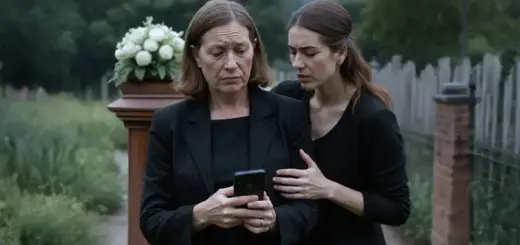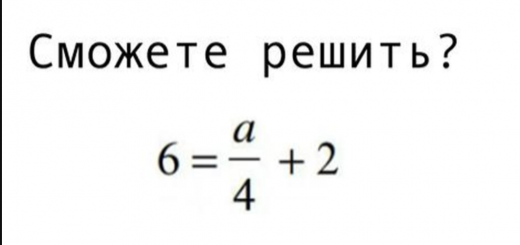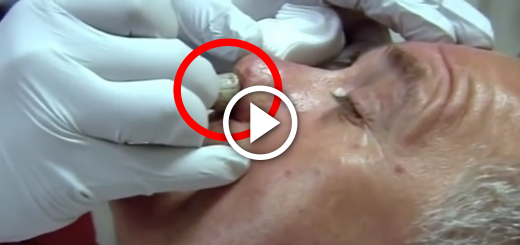And as the sun crept over the blinds, warming the cold air of my room, I made a quiet promise to myself: this time I wasn’t fixing anything for them. I was dismantling everything they’d built on me.
The morning after that message, something inside me reset. No anger. No tears. Just a clean, eerie calm.
I brewed coffee, logged into work like nothing had happened, and started moving in silence. If my family wanted to see how brave I was, they were about to find out on paper.
By day, I was still the dependable data analyst at a downtown firm. My coworkers had no idea that every spare minute was spent tracing back a different kind of data: my own history.
I pulled old emails, bank transfers, utility statements, payments for roofing materials, contractor quotes I’d covered temporarily. Grocery receipts from the months they’d claimed they were broke. Every number had a story, and every story pointed in the same direction: they had taken, and I had paid.
I started building what I called the «Ledger of Truth.» One column for what I’d given, one for what they’d promised. The totals didn’t just add up; they screamed.
$47,000 toward the mortgage, $23,000 for renovations, $15,000 for emergencies—$85,000 of my life. Dad always bragged that I was the only one in the family who understood money. He just never realized how dangerous that would make me once I stopped using it for them.
When my screen filled with lines of proof, I printed everything, labeled each stack, and tucked them into a file box under my desk. I didn’t plan to run to court right away. Revenge, I decided, should age like wine, not explode like fire.
I met with three different attorneys over the next few weeks. The first two spoke to me like I was just another hurt daughter looking for sympathy. The third one didn’t.
She leaned forward, eyes sharp. «You’ve got a case,» she said. «A solid one. It’s not about the deed. It’s about equity. If you can prove contribution and intent, you have standing.»
Intent. That word clicked. I thought about the text again. «Let’s see how brave you are now. Ha ha.» That wasn’t just cruelty. It was proof. Malicious intent in writing.
From that moment, every step I took was deliberate. I documented new transfers. I archived every voicemail Mom left, pretending to check in. I backed up every file twice: one on my laptop, one in the cloud.
At night, I’d sit at my desk, watching the cursor blink beside the word «evidence.» My apartment was quiet, except for the hum of the heater and the occasional ping of another bank alert confirming what I already knew: I had the upper hand.
By the time spring rolled around, my case was airtight. My attorney was ready, the paperwork drafted. We just needed one final trigger, something that showed intent beyond question. It arrived right on schedule.
Two days after the anniversary of that lock-changing text, I got an email. The subject line read, «Urgent Property Sale Notice.» They were selling the house without telling me. I smiled. Finally, they’d handed me exactly what I needed.
The day of the mediation felt nothing like the storms I’d imagined. No thunder, no chaos, just a crisp Portland morning that smelled faintly of rain and paper.
I walked into the downtown law office with a folder tucked under my arm and a coffee in my hand. My heart didn’t race. My palms didn’t sweat. I’d already lived through the worst part: being locked out of my own home by the people who swore they loved me.
The receptionist guided me to a sterile conference room: white walls, a long table, two pitchers of water untouched. The hum of fluorescent lights filled the silence. I sat down, placed the folder in front of me, and waited.
A few minutes later, the door opened. My parents entered first: Mom, in her usual soft beige coat, the one she wore to church to look humble, and Dad in his pressed shirt, jaw-tight, eyes burning. Emily trailed behind them, twisting the strap of her purse, her face pale.
«Kara,» Mom said softly, that same tone she used whenever she needed something. «You look tired, sweetheart.»
«Good morning,» I replied, my voice calm, almost detached.
Her lips curved in a smile that didn’t reach her eyes. «You didn’t have to make this so official. We could have talked.»
I tilted my head. «You changed the locks. Talking didn’t seem to be our family’s preferred method.»
Her smile faltered, but before she could answer, the mediator, a middle-aged man with kind eyes, entered, followed by both attorneys. Mine gave me a reassuring nod as we took our seats.
The first few minutes were procedural, polite, the kind of civility that makes your skin crawl when you know what’s really underneath. Then my attorney opened the folder and began laying out the documents, page after page of receipts, transfers, invoices.
«This file,» she said, sliding it toward the center of the table, «contains proof of Ms. Liu’s direct financial contributions to the property located at 2146 Maple Street over a 14-year period.»
Dad leaned forward, scoffing. «That’s ridiculous. Those were gifts. She was helping her family.»
My attorney didn’t flinch. «The payments were repeatedly labeled as ‘temporary assistance’ with the expectation of reimbursement. You’ll also find text messages where both you and Mrs. Liu referred to those payments as ‘loans’.»
«We have evidence of concealment of assets as well: bank statements showing you maintained substantial savings while requesting money from Ms. Liu under the pretense of financial hardship.»
Mom shifted uncomfortably. Her hands, perfectly manicured, trembled as she reached for the papers. «This is being twisted. We never…»
I interrupted for the first time. «You told me I didn’t have a home anymore. Remember that.»
The room went silent. Her mouth opened, then closed. She looked at me, pleading. «That was a misunderstanding, Cara. We were angry.»
«It’s in writing,» my attorney added, sliding another page across the table. «Dated and timestamped. 11:27 PM. The text reads, ‘We changed all the locks. You don’t have a home anymore. Let’s see how brave you are now.'»
The mediator adjusted his glasses, frowning. «That message certainly suggests intent.»
Dad’s face turned crimson. «She’s twisting everything! That text was a joke!»
I met his glare evenly. «So was your idea of family.»
The mediator tried to regain control, but the tension had already snapped. My attorney continued methodically, pointing out every inconsistency, every false statement. The evidence stacked higher.
Thicker: mortgage payments I’d covered, renovation costs, utility bills, even the receipts for the new locks. Then came the moment I’d been waiting for.
The opposing attorney, an older man with weary eyes, cleared his throat and leaned toward my parents. «Mr. and Mrs. Liu,» he whispered urgently, though the room was quiet enough for everyone to hear, «we have a problem. You need to call me immediately after this session.»
























































